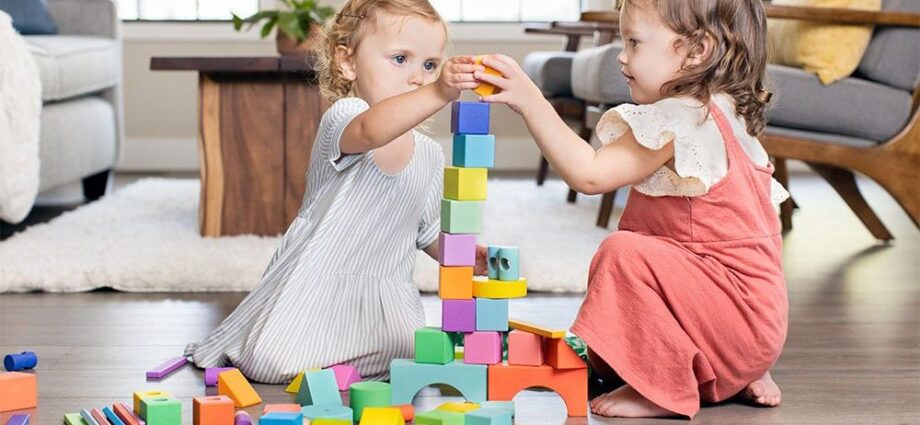Contents
Do-it-yourself educational games in kindergarten for children, goal
The degree of readiness for school is determined not only by speed reading and oral counting. The child must perform logical tasks, analyze, draw conclusions. What activities form everyday experience and erudition in a preschooler? Why are they most effective in kindergarten?
Educational games in kindergarten prepare the child for school and train his intellect
The purpose of educational games in kindergarten
Play activities in a preschool institution are present in all regime moments. If in real life a child refuses to fulfill the requirements of an adult, then in the game he voluntarily obeys the rules. At the same time, a model of correct behavior is unobtrusively created, thinking, imagination, initiative develops.
Educational games for children in kindergarten are based on the principle – the teacher organizes the activity, the child finds his own way of realization. This encourages the self-promotion of the game plot, that is, self-study.
Educational games in baby soda perform important functions:
increase the activity of children in the team;
combine play and learning;
introduce the rules of conduct;
instill respect for the opinions of others;
form communicative qualities;
suggest the best options for getting out of the current situations.
How to organize the game and to captivate the kids with it?
Educational games in kindergarten
Games are divided into categories, each of which is important for the full development of the child:
Cognitive – card indexes of animals and plants, thematic cubes – expand and consolidate knowledge about the world around.
For attention and memory – “Who is hiding here?”, “Find a pair”, “What is superfluous here?” – teach observation, concentration, perseverance.
Coloring books and plasticine – prepare the hand for writing, develop creativity, color perception.
For thinking and logic – “Continue the drawing”, “Collect the beads”, “Connect the dots”, “Fold the mosaic” – encourage to compare, analyze, establish subject connections.
Rebus, charades, riddles – replenish vocabulary, teach to reason logically.
Books and cubes with numbers, mathematical cards introduce the world of numbers, the concept of quantity.
Puzzles, geometric constructors “Fold the Pattern”, “Pyramids”, puzzles, mosaics, transformers – work out fine motor skills of hands and form abstract thinking.
Educators who make educational games in kindergarten with their own hands from surrounding objects can play several scenarios depending on the individual characteristics of the child with one touch panel made of plastic covers, multi-colored clothespins, lacing, buttons.
The difference between such classes and home games is that they are carried out under the supervision of a teacher who can correct physical, mental and speech therapy defects, and the gameplay maximally reflects the school atmosphere.










